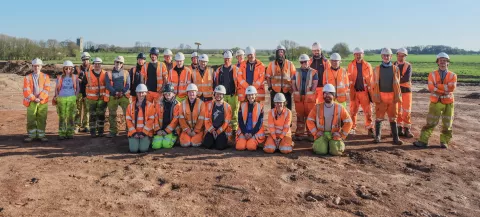Our people
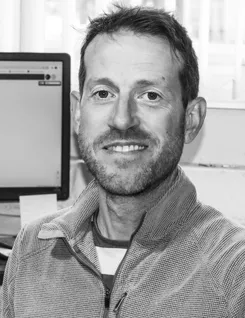
Neal graduated from University College London with a BA in Ancient History in 2002, and after working in other sectors, joined Oxford Archaeology in 2015. Since then, he has worked on a large range of commercial projects, both in the field and in post-excavation. Some of his recent projects have involved running large excavations at Cambourne and Ely, and a large linear infrastructure project in Norfolk. He also recently directed the excavation of part of the Roman town and cemetery at Bishop’s Stortford. Neal is an Associate Member of the Chartered Institute for Archaeologists (ACIfA).

Nick has worked in professional archaeology since 2004, and joined Oxford Archaeology in 2006. He holds an MA in Archaeology from Cambridge University and an MA in Maritime Archaeology from the University of Southampton.
Nick’s archaeological interests are British prehistory, particularly the Neolithic and Bronze Age. Most of his field experience is around East Anglia, and he has extensive experience in fenland archaeology.
In his current role, he oversees excavations on site, and also coordinates post-excavation work and reporting. In addition, he carries out analysis and reporting on prehistoric pottery. Some major projects include evaluation and several subsequent excavations of a 205ha site in Kettering, Northamptonshire.
Nick is an Associate of the Chartered Institute for Archaeologists (ACIfA).
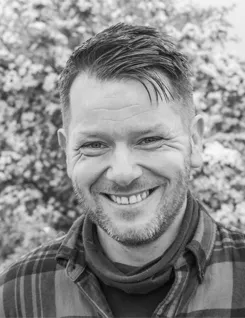
Paddy studied Archaeology and Landscape History and has worked at Oxford Archaeology since 2014. He has been involved in a plethora of projects since joining, covering all periods.
Paddy specialises in the history and material culture of Roman Britain and has a deep knowledge of the Roman historic environment. Recently, he directed the award-winning excavations and post-excavation analysis of a Romano-British villa estate in Northamptonshire. A talented and experienced public speaker, Paddy provides talks and lectures on all aspects of the Roman world to professional and amateur bodies across the UK.
Paddy is an Associate of the Chartered Institute of Archaeologists (ACIfA)
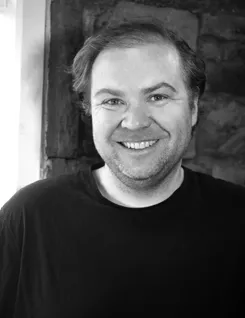
Paul has been working in commercial archaeology for 16 years, primarily for Oxford Archaeology, since graduating with a BA (hons) in Ancient History and Archaeology from Newcastle University in 2007. Working from a site assistant through to his current position as a Senior Project Manager.
As a project manager, Paul oversees a range of projects, in both rural and urban settings from tendering through to report production. These projects varying in size from small-scale projects for local developers through to large-scale infrastructure utility and transport schemes.
Paul has a particular interest in the Roman and Industrial periods in the north of England. As well as Mental Health and Health and Safety.
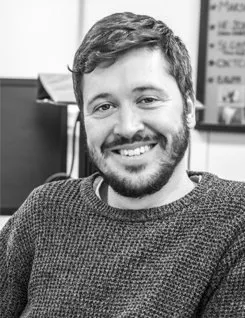
Currently Bob is a field work Project Officer. He joined Oxford Archaeology at the Bexhill excavations in 2013 planning to work here a few months before moving on, and never did. He has predominantly run excavations over the past few years, including sites in Wallingford, Didcot, Northampton and Somerset, and has spent a lot of time working on infrastructure projects. The jobs he has run have provided him with a lot of experience with Roman archaeology, this and anything Napoleonic are his main areas of interest.
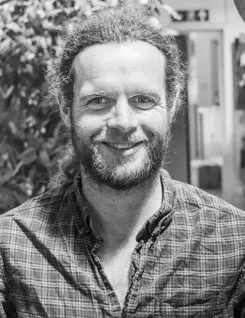
Robin graduated with a BA in Archaeology and Prehistory from the University of Sheffield and has an MA in Archaeological Heritage Management from the University of York. He began his fieldwork experience on a monastic site in Iceland in 2003, and first began working in commercial archaeology in 2005. He has been at Oxford Archaeology since 2012 and is an Associate of the Chartered Institute for Archaeologists (ACIFA).
As a Project Officer, Robin has directed fieldwork projects and written reports and articles on numerous sites in eastern England, including of a Neolithic causewayed enclosure and areas of Romano-British, Anglo-Saxon and medieval settlement. With a particular interest in understanding the settings of sites, he has written and been involved in desk-based assessments, heritage management plans and technical notes for environmental statements.
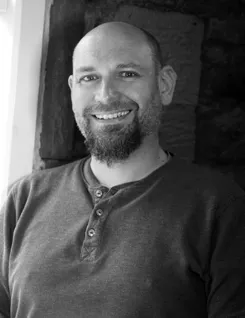
After graduating from York University in 1999 with a BSc in Archaeology and an MSc in Human Palaeoecology, Steve worked mainly in environmental archaeology. In 2005 he joined Oxford Archaeology's Lancaster office, and has managed scores of projects, from backyard watching briefs to major infrastructure, from the Mesolithic to the modern period, and from tender to archive, through fieldwork, assessment, analysis, and publication. Particularly significant projects include post-medieval burial grounds in Hull, Swinton, South Shields, and Darwen, pipelines in East Yorkshire, North Lincolnshire, and the North West, road schemes in East Yorkshire, Lancashire, and Cumbria, and a community excavation within the Roman settlement at Maryport, Cumbria.
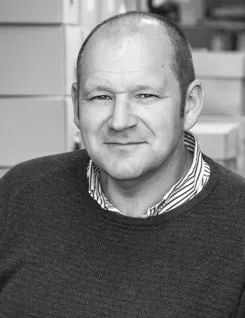
Steve has experience at many levels of fieldwork, having been employed in professional archaeology since 1994. Throughout the late 1990s and early 2000s, Steve was responsible for the field direction of excavations of several large late Iron Age and Roman settlements. These include two large rural Roman ‘small towns’ and a villa complex. Each project was completed over periods of several months with large field teams, and included significant volunteer involvement that had to be managed as part of the excavations. Following fieldwork, Steve had a role in the analysis and publication of each site, and was the lead author for the Higham Ferrers and Thurnham Villa monographs.
Steve also has a wide range of project management experience, with notable large projects being the investigation of an important copper works at Swansea, carriage widening around the M25, and the ongoing excavations at Great Western Park, Didcot. Each of these have provided challenging programmes, deadlines, excavation conditions and archaeological remains, which have been successfully managed to provide project delivery to the clients.

